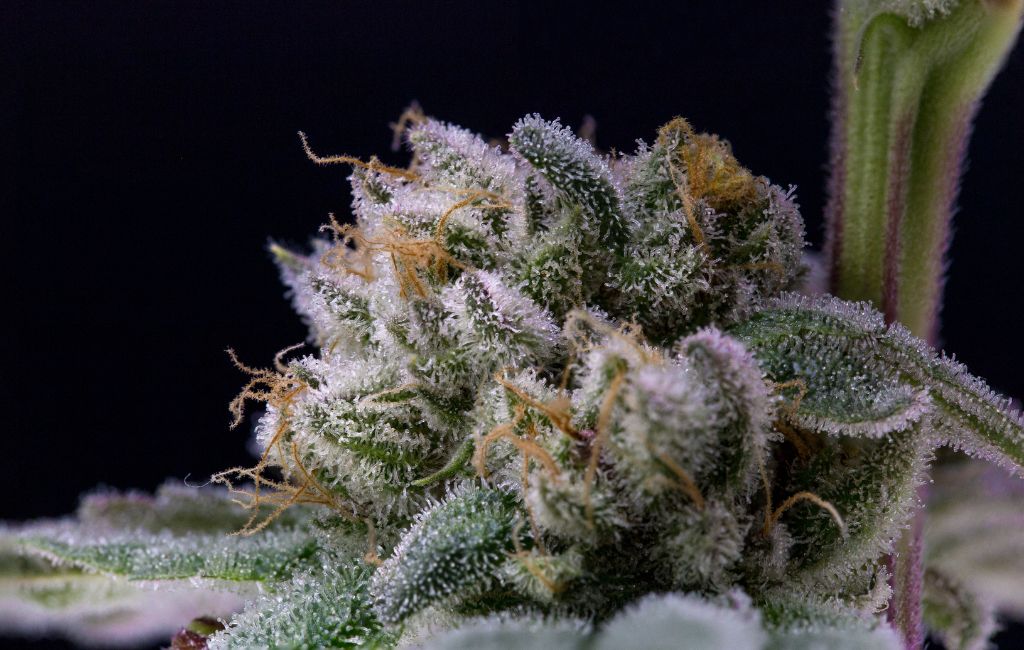THCa Flower: The Future of Cannabis Healing
The cannabis industry has seen a significant transformation over the past few years, with new products and compounds emerging that promise various health benefits. One such compound gaining attention is THCa, or tetrahydrocannabinolic acid. Unlike its more famous counterpart, THC, THCa is non-psychoactive and offers a range of potential therapeutic benefits. This article explores the potential of THCa flower as a future cornerstone in cannabis healing.
Understanding THCa
THCa is a cannabinoid found in raw and live cannabis plants. It is the acidic precursor to THC, the compound responsible for the psychoactive effects of cannabis. When cannabis is heated through smoking, vaping, or cooking, THCa undergoes decarboxylation, converting into THC. This process is why raw cannabis does not produce the “high” associated with its consumption.
Potential Health Benefits of THCa
Research into THCa is still in its early stages, but preliminary studies and anecdotal evidence suggest several potential health benefits:
- Anti-inflammatory Properties: THCa has shown promise in reducing inflammation, which could be beneficial for conditions like arthritis and inflammatory bowel disease.
- Neuroprotective Effects: Some studies indicate that THCa may help protect brain cells, potentially offering benefits for neurodegenerative diseases such as Alzheimer’s and Parkinson’s.
- Anti-emetic Properties: THCa may help reduce nausea and vomiting, making it a potential option for patients undergoing chemotherapy.
- Antioxidant Properties: The compound has been found to have antioxidant properties, which can help in reducing oxidative stress and promoting overall health.
Case Studies and Research
Several case studies and research projects have begun to shed light on the potential of THCa:
Case Study: Arthritis Relief
A 2019 case study published in the Journal of Pain Research examined the effects of THCa on a patient with severe arthritis. The patient reported significant pain relief and improved mobility after using THCa-rich cannabis products. This case highlights the potential of THCa as an alternative treatment for chronic pain conditions.
Research on Neuroprotective Effects
A study conducted by the University of British Columbia in 2020 explored the neuroprotective effects of THCa. The researchers found that THCa could help protect brain cells from damage and reduce the progression of neurodegenerative diseases. These findings suggest that THCa could be a valuable tool in managing conditions like Alzheimer’s and Parkinson’s disease.
How to Use THCa Flower
THCa flower can be consumed in various ways, each offering different benefits:
- Raw Consumption: Consuming raw cannabis leaves or flowers in smoothies or salads can provide the benefits of THCa without the psychoactive effects of THC.
- Tinctures and Oils: THCa can be extracted and used in tinctures or oils, offering a convenient way to incorporate it into your daily routine.
- Topicals: THCa-infused creams and balms can be applied directly to the skin, providing localized relief for conditions like arthritis and muscle pain.
Legal Status and Availability
The legal status of THCa varies by region. In some areas, THCa is considered legal as long as it is not decarboxylated into THC. However, regulations are constantly evolving, so it is essential to stay informed about the laws in your area. THCa products are becoming more widely available, with many dispensaries and online retailers offering a range of options.
Consumer Experiences
Many consumers have reported positive experiences with THCa products. For instance, a survey conducted by the Cannabis Consumer Coalition in 2021 found that 78% of respondents who used THCa products reported improved symptoms for conditions like chronic pain, anxiety, and inflammation. These testimonials highlight the growing interest and satisfaction among users.
Future Prospects
The future of THCa in cannabis healing looks promising. As research continues to uncover its potential benefits, more people are likely to turn to THCa as a natural alternative for managing various health conditions. The increasing availability of THCa products and the growing body of evidence supporting its therapeutic properties suggest that THCa could become a significant player in the cannabis industry.
Conclusion
THCa flower represents an exciting frontier in the world of cannabis healing. With its non-psychoactive nature and potential health benefits, it offers a promising alternative for those seeking natural remedies. As research progresses and more people share their positive experiences, THCa is poised to become a key component in the future of cannabis-based therapies.
